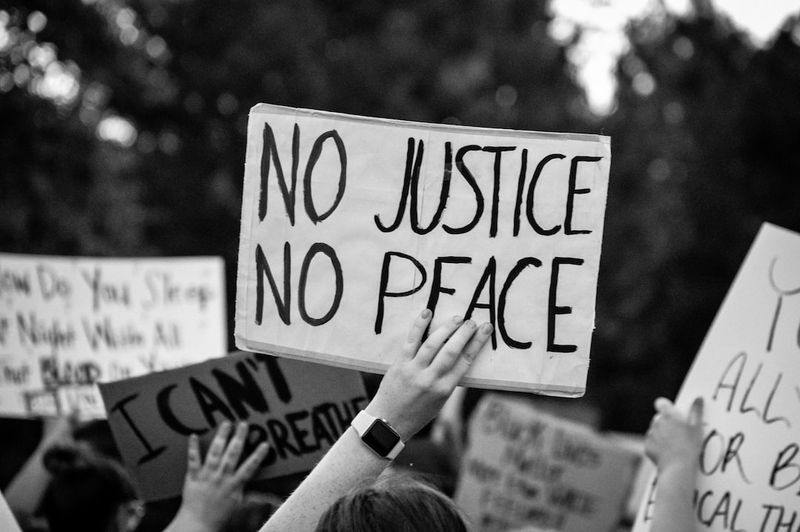Table of Contents
ICC Affirms Prosecutor’s Inquiry in the Philippines: President Marcos Should Cooperate with Investigation
On July 18, 2023, the appeals chamber of the International Criminal Court (ICC) confirmed the prosecutor’s resumption of the investigation into alleged crimes against humanity in the Philippines. This marks a significant step towards justice for the victims of extrajudicial killings and their families in the government’s controversial “war on drugs.” The ruling asserts that President Ferdinand Marcos Jr. should support accountability for grave crimes in the Philippines and uphold the country’s obligation to cooperate with the court, as outlined in the court’s founding Rome Statute.
Human Rights Watch Advocates for Cooperation and Justice
Human Rights Watch has welcomed the ICC appeals chamber’s decision, emphasizing that it rejects the Philippine government’s claims against the investigation. Bryony Lau, deputy Asia director at Human Rights Watch, has stated that President Marcos should demonstrate his commitment to human rights by cooperating with the ICC prosecutor’s inquiry. This development provides an opportunity for the Marcos administration to break away from a culture of abuses and impunity that has plagued the Philippines for far too long.
The Background of the Investigation
The Philippine government initially appealed the court’s pretrial chamber decision on January 26, 2023, which authorized the resumption of the prosecutor’s investigation in the country. In November 2021, the Philippine government had requested that the ICC prosecutor defer the investigation, claiming that national authorities were already handling their own investigations into cases of extrajudicial killings tied to the “drug war.” However, in June 2022, the court’s prosecutor, Karim Khan, requested the ICC judges to allow him to resume the investigation, indicating that the Philippine government had failed to substantiate its deferral request and that the domestic proceedings did not align adequately with the court’s investigation.
In response to the Philippine government’s appeal of the authorization to resume the probe, the majority of appeals chamber judges dismissed all the government’s arguments. They rejected the assertion that the pretrial chamber erred in assessing the existence of domestic proceedings that would warrant a deferral to domestic authorities. The majority also noted that the issue of jurisdiction raised by the Philippine government could be addressed at later stages of the proceedings.
The Stance of President Marcos and his Administration
While President Ferdinand Marcos Jr. has acknowledged “lapses” in the “drug war” initiated by his predecessor, former President Rodrigo Duterte, he has stopped short of denouncing the killings of over 6,200 individuals during police drug raids. Marcos’s administration has also been critical of the ICC, accusing it of interfering in the country’s affairs. However, since taking office a year ago, the Marcos administration has made little progress in advancing accountability for extrajudicial killings and acknowledging the suffering of victims and their families.
The Path to Justice and Accountability
The ICC‘s decision to affirm the prosecutor’s resumption of the investigation is a significant step forward in the pursuit of justice for the victims of extrajudicial killings in the Philippines. It provides an opportunity for President Marcos and his administration to break away from a pattern of impunity and human rights abuses that have plagued the country for years. Cooperation with the ICC investigation not only upholds the Philippines‘ obligation under the Rome Statute but also signals a commitment to human rights and the rule of law.
President Marcos should seize this moment to demonstrate his commitment to protecting the rights of all individuals in his country. By cooperating with the ICC prosecutor’s inquiry, he can set a precedent for accountability and justice, showing that no one is above the law. It is imperative that the Marcos administration not only supports the investigation but also takes concrete steps to address the root causes that have allowed extrajudicial killings to persist in the Philippines.
Human Rights Watch and other human rights organizations will be closely monitoring the Philippines‘ response to the ICC‘s decision. The global community should also continue to advocate for justice and accountability within the country, urging the Philippine government to fully cooperate with the ICC investigation and ensure the protection of the rights of all individuals.

<< photo by Kalea Morgan >>
The image is for illustrative purposes only and does not depict the actual situation.
You might want to read !
- Liberating Wheels: Advocating for Women’s Freedom of Movement in the Middle East and North Africa
- Kenya’s Protest Crackdown: Officials Resort to Threats of Violence
- Iraq’s Draft Laws: Undermining Freedom of Expression and Peaceful Assembly
- Insights into the Philippines’ ICC Affirmation: An Assessment of the Prosecutor’s Inquiry
- ICC Prosecutor’s Call Demands Immediate Action on Sudan Crisis
- Crisis Unleashed: A Devastated Darfur Town Marks Sudan’s Ongoing Struggles
- End of Democracy? Opposition Politician’s Assassination Sends Shockwaves Through Congo’s Political Landscape
- Breaking the Silence: Confronting Sexual Abuse in Malian Girls’ Sports
- The Fight for Justice: Guinea’s Landmark 2009 Stadium Massacre Trial Resumes
- Cameroon’s Unchecked Atrocities in Anglophone Regions: Demanding an End and Accountability
- Burkina Faso’s Army: A Dark Shadow of Unlawful Killings and Enforced Disappearances
- The Philippine Government Under Marcos: A Failing Stance on Human Rights